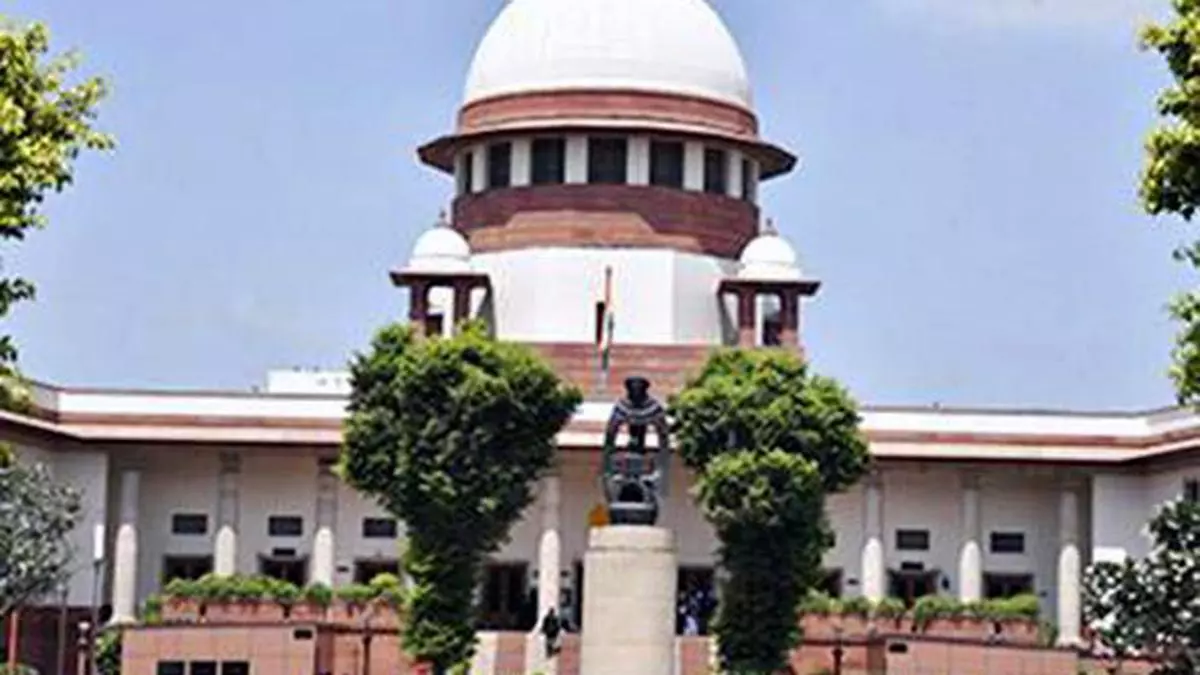The Supreme Court recently refused to stay the appointments of Election Commissioners despite concerns raised by the petitioners. The petitioners argued that the appointments were made hastily and without proper consideration. They raised concerns over the new law, the Chief Election Commissioner and other Election Commissioners (Appointment, Conditions of Service and Term of Office) Act of 2023, which gives the government a dominant role in selecting Election Commissioners.
The petitioners argued that the government’s role in the selection process compromises the autonomy and independence of the Election Commission. They contended that the appointments should be made through a more transparent and impartial process to ensure the fair functioning of the Election Commission.
However, the Supreme Court refused to stay the appointments, stating that it does not find any grounds to interfere with the process at this stage. The Court also observed that the power to make appointments lies within the domain of the government and that it would not be appropriate for the Court to intervene unless there is a violation of the law or any constitutional infirmity.
The Chief Election Commission is an important constitutional body responsible for the conduct of free and fair elections in India. It consists of the Chief Election Commissioner and other Election Commissioners. The independence and impartiality of the Election Commission are crucial for maintaining the integrity of the electoral process.
The refusal to stay the appointments has sparked a debate over the transparency and fairness of the selection process for Election Commissioners. Many believe that political considerations may have influenced the appointments, undermining the autonomy of the Election Commission.
The debate also highlights the need for a comprehensive review of the appointment process for key regulatory and administrative bodies in the country. Ensuring the independence and impartiality of such bodies is essential for upholding the principles of democracy and good governance.
It remains to be seen how this issue will unfold and whether any further legal challenges will be made against the appointments of Election Commissioners. The Supreme Court’s decision not to stay the appointments may have significant implications for the functioning of the Election Commission and its ability to maintain its autonomy and independence in the face of potential political interference.











